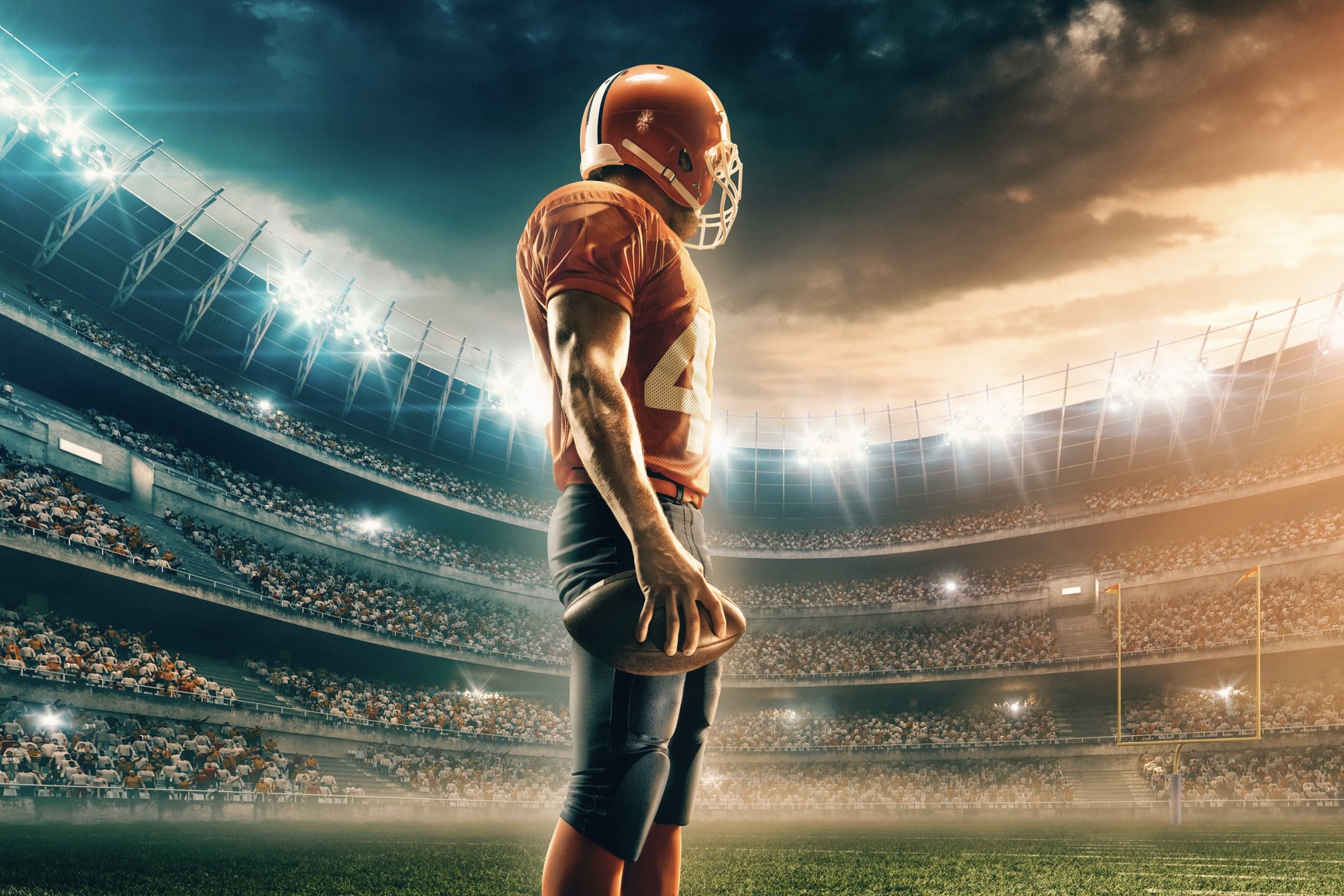NCAA Clarifies Interim NIL Policy

By: Gregg E. Clifton
On October 26, the NCAA Division I Board of Directors unanimously approved a series of measures that had been supported by the Division I Council to specifically clarify how schools can actively become involved in name, image, and likeness (NIL) activities for their enrolled students.
Acknowledging the continuing growth and evolution of the NIL world and the importance of providing ongoing guidance, University of Georgia President & Board Chairman Jere Morehead commented, "As we continue to reinforce current NCAA rules, we expect to offer further guidance in the future on what should and should not be done when engaged in these activities. We are committed to fostering a fair and appropriate NIL environment that supports our students and complies with our rules."
The guidance provided by the NCAA Board of Directors can best be analyzed in several specific areas.
First, the Board acknowledged concerns regarding a lack of NIL monitoring and current student-athletes lacking knowledge in certain areas. Specifically, the Board noted that the schools can and should generally provide education to their student-athletes in the areas of financial literacy, taxes, social media practices, and entrepreneurship.
In addition, the Board authorized schools to provide NIL education to collectives, boosters, and prospects. The Board also confirmed, subject to relevant state law, that schools can and should require student-athletes to report NIL activities to the athletic department.
While the Board’s guidance confirmed actions that schools can take pursuant to the interim NCAA NIL policy (e.g. inform student-athletes about potential NIL opportunities), schools cannot engage in negotiations on behalf of an NIL entity or a student-athlete to secure specific NIL opportunities. In addition, while schools can provide stock photos or graphics to either a student-athlete or an NIL entity or arrange space on campus for an entity and student-athlete to meet, schools cannot provide free services (e.g. graphic designers, tax preparation, contract review) to student-athletes unless those services are available to the general student body, nor can schools offer equipment (e.g. cameras, graphics software, computers) to student-athletes to support NIL activities, unless that equipment is also available to the general student body.
The latest guidelines also clarify that member schools can promote student-athletes' NIL activities, as long as the student-athlete or NIL entity pays the going rate for that advertisement (for example, on a video board during a game). However, schools cannot allow student-athletes to promote their activity while participating in required athletics activities, such as pre- and postgame activities, court celebrations, and/or news conferences.
The specific area of collectives was also addressed as follows:
- School personnel (including coaches) can assist an NIL entity with fundraising through appearances or by providing autographed memorabilia.
- Schools also can request donors provide funds to collectives and other NIL entities, as long as the schools do not request that those funds be directed to a specific sport or student-athlete.
- Schools can provide tickets or suites to NIL entities through sponsorship agreements, as long as the terms of those agreements are the same as for other sponsors.
Despite the Board’s confirmation of these permitted areas, the Board confirmed that school personnel – including coaches – cannot donate cash directly to any NIL entities. Additionally, school staff members cannot be employed by or have an ownership stake in an NIL entity. In addition, schools cannot provide tickets or the use of suites as an incentive to provide funds to an NIL entity.
With regard to enforcement of the NCAA’s interim policy, the Board of Directors adopted and announced a burden shifting proposal when potential violations related to the interim policy occur. When information available to the enforcement staff indicates impermissible conduct occurred, the enforcement staff and Committee on Infractions will presume a violation occurred unless the school clearly demonstrates that the behaviors in question were in line with existing NCAA rules and the interim policy. The burden of proof has suddenly shifted and placed the individual schools on the defensive to prove their innocence if a violation relating to their conduct has been alleged.
For more information on this development, contact the author of this post. You can also subscribe to this blog to receive email alerts when new posts go up.
